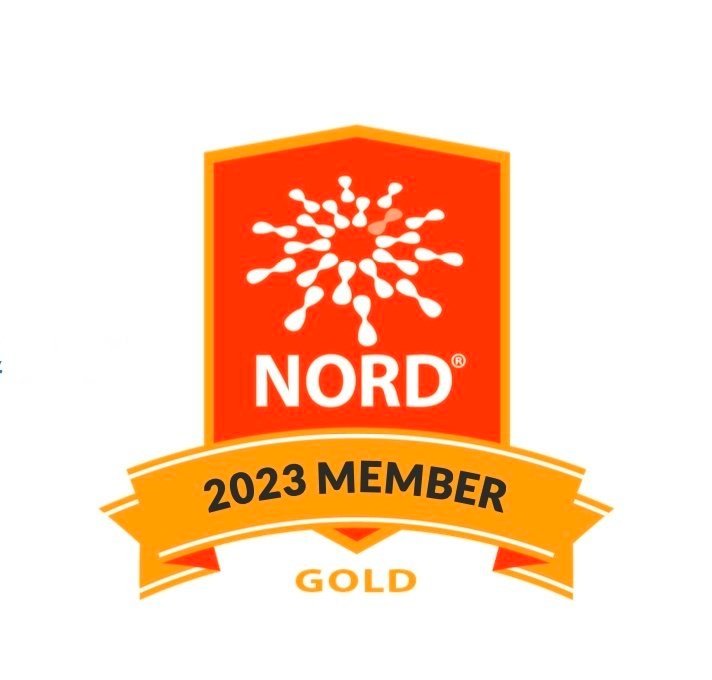How is Kallmann syndrome / CHH diagnosed ?
There is no gold standard single test for Kallmann syndrome / congenital hypogonadotropic hypogonadism (CHH).
Diagnosis is often made by excluding other possible conditions that could affect puberty or fertility
Standard blood tests would include:
Testosterone or oestrogen / progesterone
LH
FSH
Prolactin
SHBG
Vitamin D




